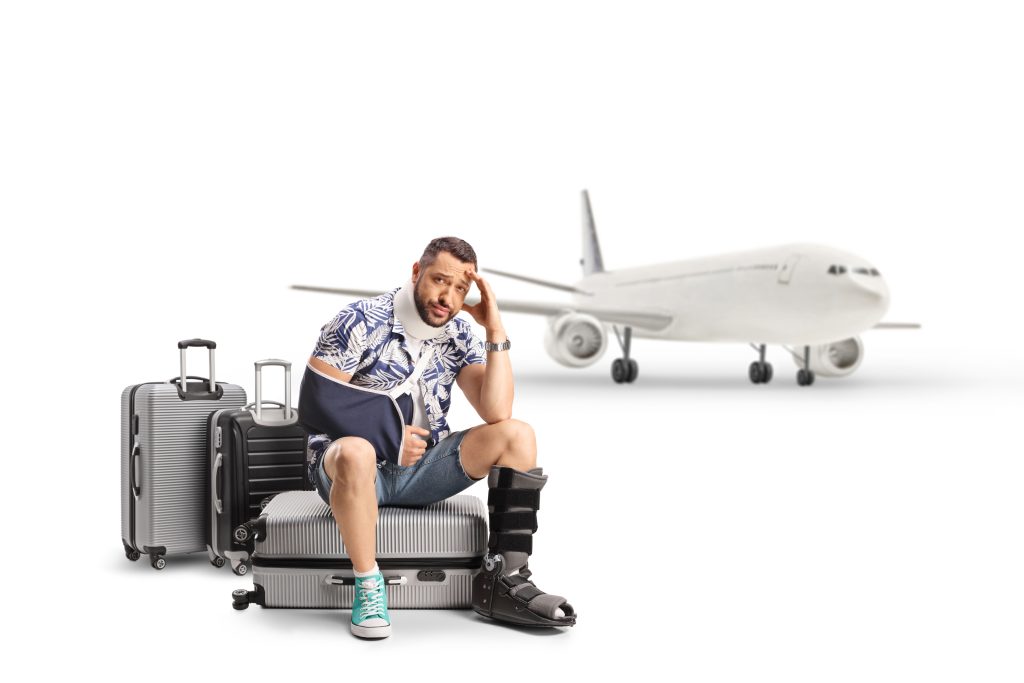Traveling to Italy can be an incredible experience, but it’s essential to be prepared for any unforeseen medical emergencies. Here’s a simple guide to help you understand how medical services work in Italy, including pharmacies, emergency rooms (pronto soccorso), ambulances, and general cost information.

Pharmacies in Italy
Pharmacies, known as “farmacie” in Italian, are readily available throughout the country. They typically have a green cross sign outside. If you require over-the-counter medications or minor medical assistance (such as headache, nausea, intestinal problems, mild skin rashes, first-degree burns, or joint problems), pharmacies are your first stop. Pharmacists are knowledgeable and can provide advice on common health issues. They usually operate during regular business hours, but you can find a list of after-hours pharmacies posted in the area. Medicines without a prescription in Italy have low costs, for example a generic medicine for flu and fever symptoms can cost from 5 to 10 euros.
Pronto Soccorso (Emergency Rooms)
In case of a more serious medical emergency, head to the nearest emergency room, referred to as “pronto soccorso” in Italian. Most major cities have well-equipped hospitals with emergency services. Be prepared for potential language barriers, so having essential medical information translated can be helpful. Emergency care in Italy is of high quality, but waiting times can vary.
Ambulance Services
To call an ambulance in Italy, dial 118. Operators typically speak Italian, so it’s helpful to have a local or a translation app assist you. Ambulances are generally swift and efficient in urban areas, but in rural regions, response times may be longer. It’s important to note that ambulances are free if you have the European Health Insurance Card (EHIC) or a similar international health insurance plan.
Costs and Insurance
Healthcare in Italy is primarily public and universally accessible. Emergency medical services are available to all, regardless of nationality. However, it’s recommended to have travel insurance that covers medical emergencies while abroad. The cost of medical treatment can vary, but it’s typically lower than in the United States. If you have insurance, you may be reimbursed for any out-of-pocket expenses, so keep all receipts and documentation.
Important Tips
- Carry a copy of your passport and any insurance information with you at all times.
- Learn some basic Italian medical phrases or have a translation app handy.
- In non-emergency situations, consider contacting your embassy or consulate for guidance.
While medical emergencies can be stressful, Italy offers excellent healthcare services to ensure your well-being. Being prepared and informed will help you navigate any medical situation effectively, allowing you to continue enjoying your Italian adventure with peace of mind.

